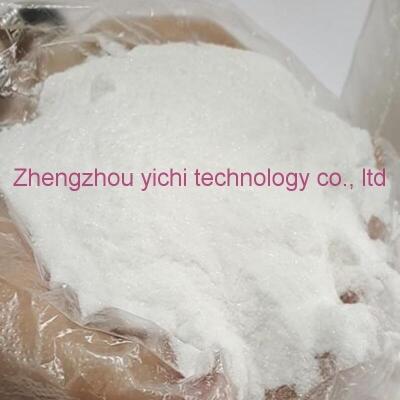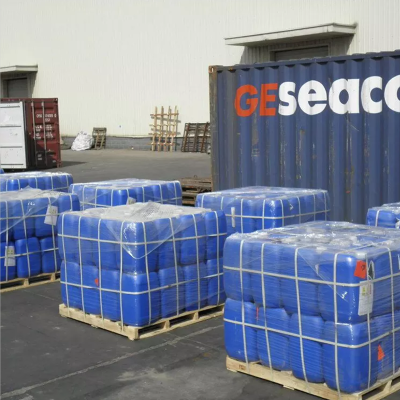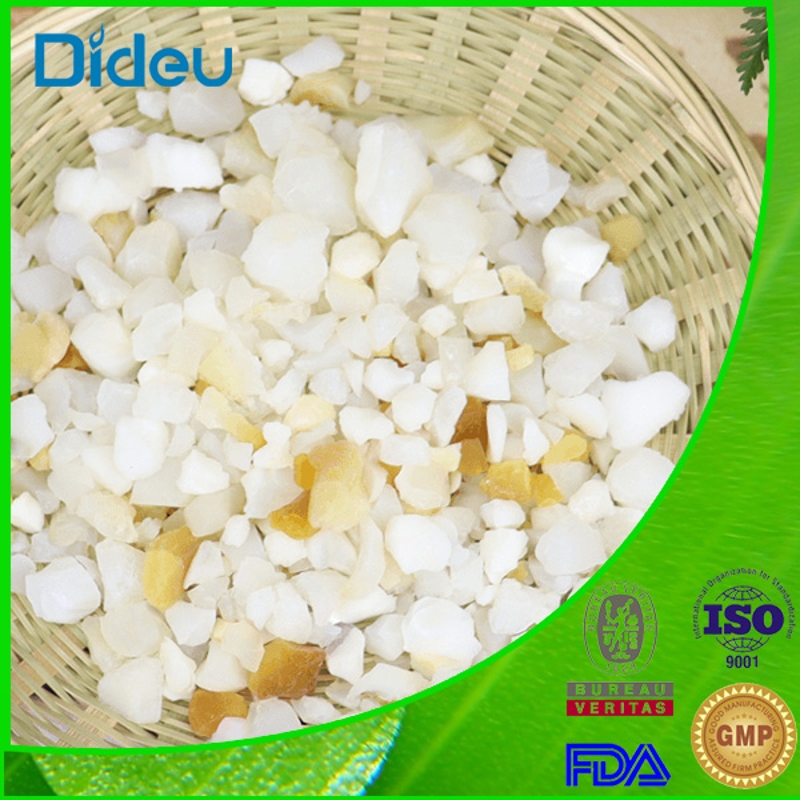-
Categories
-
Pharmaceutical Intermediates
-
Active Pharmaceutical Ingredients
-
Food Additives
- Industrial Coatings
- Agrochemicals
- Dyes and Pigments
- Surfactant
- Flavors and Fragrances
- Chemical Reagents
- Catalyst and Auxiliary
- Natural Products
- Inorganic Chemistry
-
Organic Chemistry
-
Biochemical Engineering
- Analytical Chemistry
-
Cosmetic Ingredient
- Water Treatment Chemical
-
Pharmaceutical Intermediates
Promotion
ECHEMI Mall
Wholesale
Weekly Price
Exhibition
News
-
Trade Service
4-Vinylguaiacol, also known as 4-VG, is a monomer used in the production of polymers and plastics.
It is a colorless liquid with a characteristic sweet odor, similar to that of cinnamaldehyde.
4-Vinylguaiacol is synthesized from guaiacwood through a series of chemical reactions.
The chemical industry is one of the most important sectors in the global economy, providing a wide range of products that are used in various applications.
The production of 4-vinylguaiacol is an important process in this industry, as it is a raw material used in the production of polymers and plastics.
The production process of 4-vinylguaiacol involves several steps, including extraction, purification, and polymerization.
The extraction process involves the isolation of 4-vinylguaiacol from guaiacwood, which is the natural source of the monomer.
The purification process is then carried out to remove any impurities present in the extracted 4-vinylguaiacol.
Once the purification process is complete, the 4-vinylguaiacol is polymerized to produce the desired plastic or polymer.
Polymerization is the process of joining small molecules, known as monomers, to form long-chain molecules called polymers.
There are several methods of polymerization, including addition polymerization, condensation polymerization, and copolymerization.
Addition polymerization is a process in which small molecules, known as monomers, react with each other to form long-chain polymers.
The reaction occurs through a free-radical mechanism, in which a double bond is formed between the monomers, and the free radical then reacts with another monomer to form a new double bond.
This process continues until the desired length of the polymer chain is reached.
Condensation polymerization is a process in which small molecules, known as monomers, react with each other to form long-chain polymers.
The reaction occurs through the elimination of a small molecule, known as a condensing agent, which is typically a simple organic molecule such as water or a carboxylic acid.
In copolymerization, two or more different monomers are reacted to form a copolymer.
The copolymer may consist of different proportions of the different monomers, or it may consist of a single large molecule with a repeating sequence of different monomers.
The type of polymerization method used will depend on the desired properties of the final product.
For example, addition polymerization is often used to produce high-molecular-weight polymers with good mechanical properties, while condensation polymerization is used to produce polymers with high thermal stability and good solvent resistance.
Once the 4-vinylguaiacol has been polymerized, it can be used in a wide range of applications.
It is commonly used in the production of plastics and adhesives, as well as in the manufacture of coatings and paints.
It is also used in the production of elastomers, which are materials that can be stretched or compressed without breaking.
In conclusion, 4-vinylguaiacol is an important monomer used in the production of polymers and plastics.
The production process of 4-vinylguaiacol involves several steps, including extraction, purification, and polymerization.
The type of polymerization method used will depend on the desired properties of the final product.
Once the 4-vinylguaiacol has been polymerized, it can be used in a wide range of applications, including the production of plastics, adhesives, coatings, and paints.







